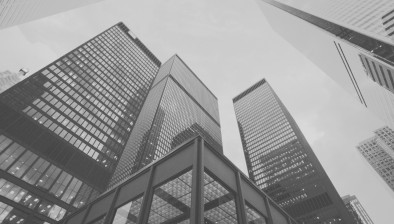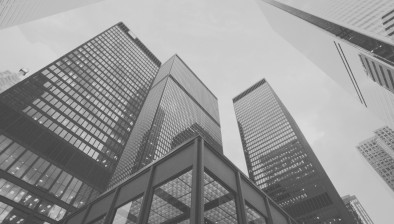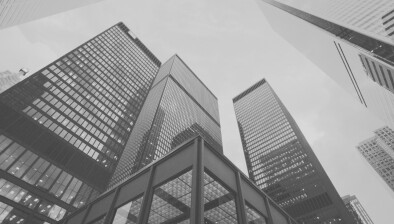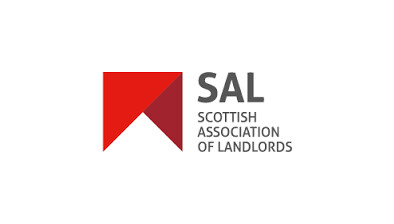Vulnerable tenants will be ‘biggest losers’ of second homes tax, landlords warn
 Plans to introduce an additional supplement on homeowners buying a second home or buy-to-let property will make it even harder for the most vulnerable tenants to get the accommodation they want at a price they can afford, the Scottish Association of Landlords (SAL) has said.
Plans to introduce an additional supplement on homeowners buying a second home or buy-to-let property will make it even harder for the most vulnerable tenants to get the accommodation they want at a price they can afford, the Scottish Association of Landlords (SAL) has said.
Published by the Scottish Parliament last week, the Land and Buildings Transaction Tax (LBTT) (Amendment) (Scotland) Bill proposes a supplement of three per cent of the total price of the property for all relevant transactions above £40,000, and will be paid in addition to the current LBTT rates.
Deputy first minister John Swinney said the LBTT additional homes supplement aims to ensure that opportunities for first time buyers to enter the housing market in Scotland remain as strong as they possibly can.
However the SAL, the organisation which represents landlords in Scotland, an extra tax on the purchase of second homes will make “vulnerable tenants” the “biggest losers”.
Ahead of giving evidence on the amendment to Holyrood’s finance committee today, the SAL said the change will have “a huge impact on the buy-to-let market and exacerbate an already serious shortage of properties in many areas”.
In a written submission to the committee, it said: “We firmly believe that the biggest losers will be the most vulnerable tenants who will now find it even harder to get the accommodation they want at a price they can afford, as rents rise in response to a shortage of properties and increasing business costs that need to be met by landlords.
“As laid out by the Commission on Housing and Wellbeing, landlords have a major part to play in solving Scotland’s housing crisis precisely because of the investment they can provide at all levels of the market.
“The Scottish Government should be encouraging more investment by responsible landlords whilst ensuring the highest standards are met, instead of seemingly doing everything it can to dissuade them.
“Reducing investment will only lead to less being spent on improving housing stock across Scotland and create a space for rogue landlords and letting agents who operate outside of the high standards that the overwhelming majority of the sector are rightly held to.”
The SAL said the tax increase, coupled with a “less favourable legal framework facing landlords in Scotland”, means it is likely they will choose to invest elsewhere in the UK.
It said the Scottish Government should instead consider offering a lower tax rate to counter the more “onerous” legal framework north of the border.
It has also suggested a number of exemptions if the tax increase does go ahead, including for those buying six properties or more, new-build purchases, joint purchases where one of the parties is a first-time buyer, the purchase of properties which are not suitable for mortgage purposes and properties which have been on the market for six months or more.








